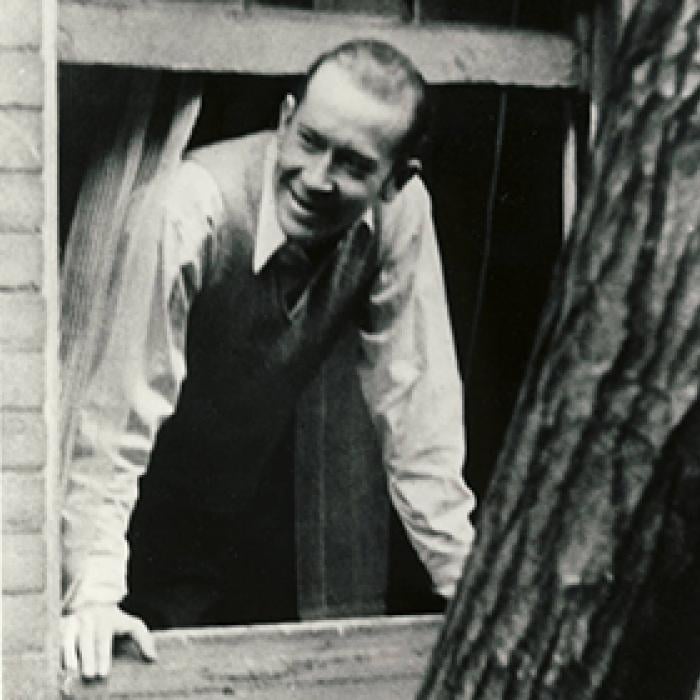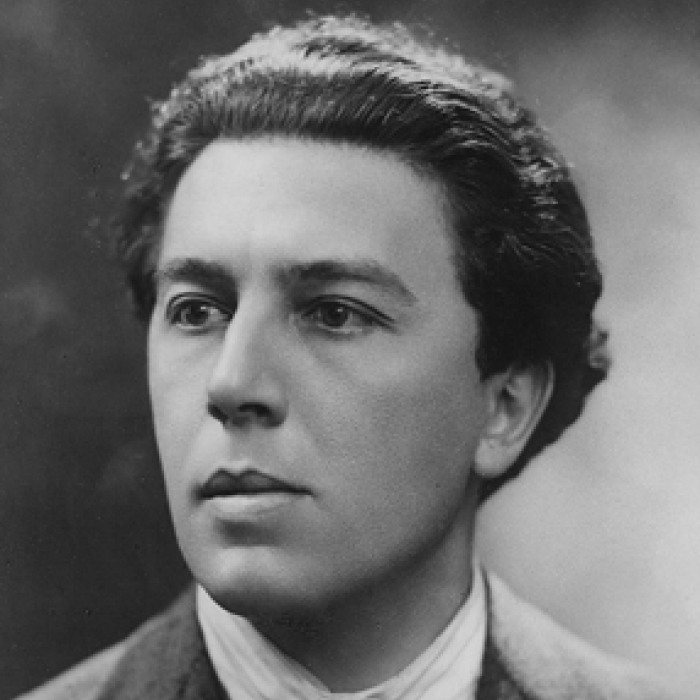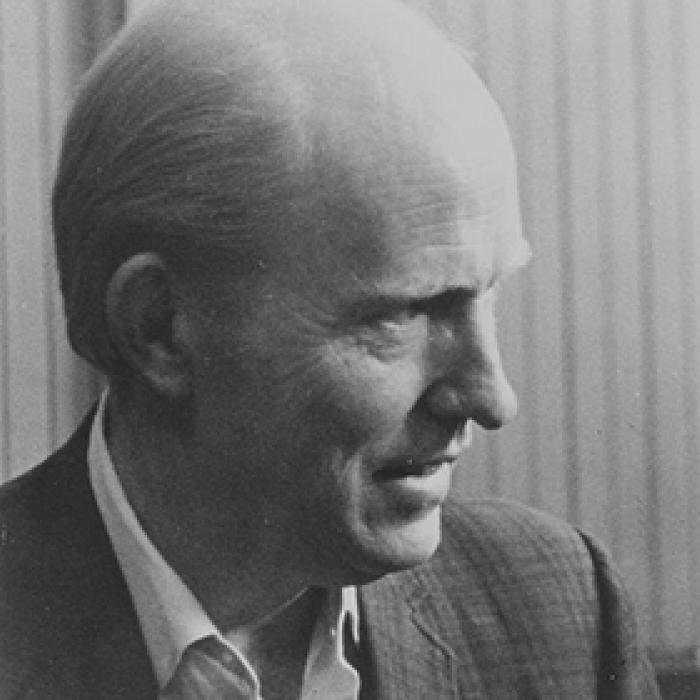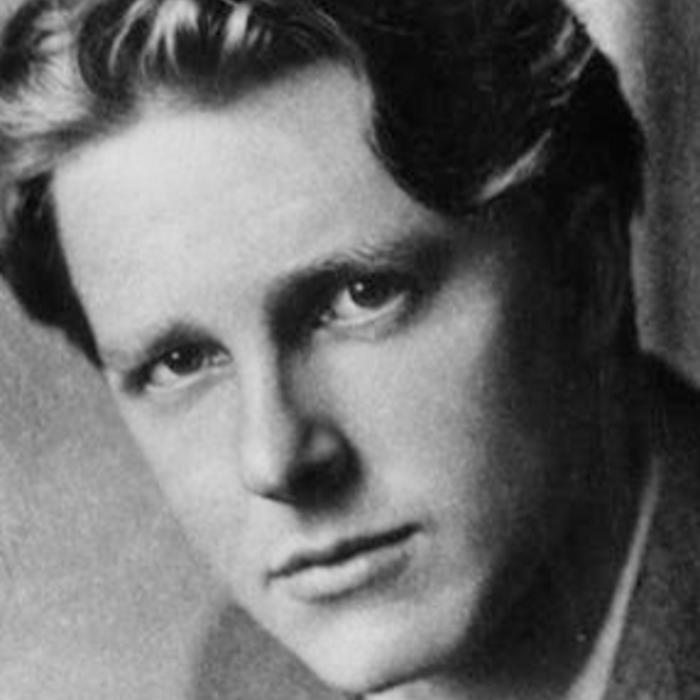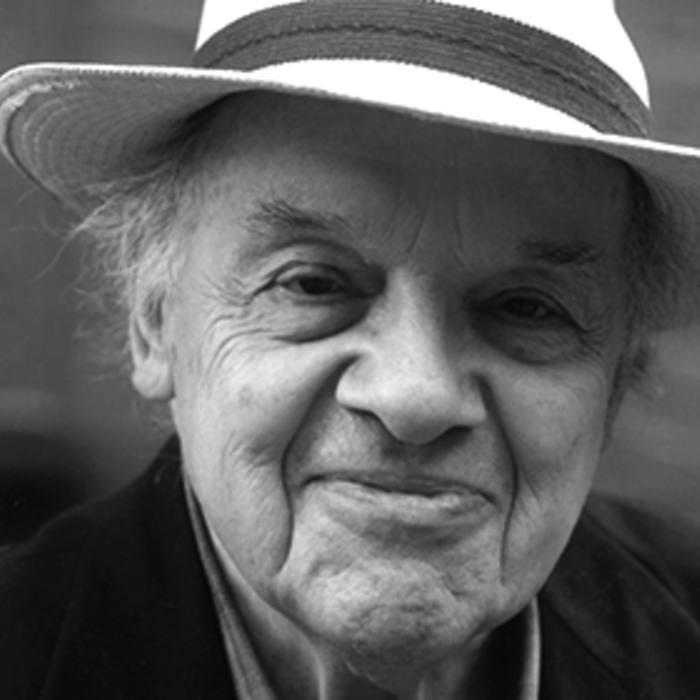Guillaume Apollinaire
Guillaume Apollinaire (Wilhelm Albert Vladimir Apollinaris Kostrowitzky) was born in Rome on August 26, 1880. He purposefully kept his parentage clouded in speculation but was most likely the illegitimate child of Angelica Kostrowitzky, a Polish woman, and an Italian army officer. He was raised in the French Riviera and was educated in Monaco and Nice.
In 1899, he moved to Paris. During his twenties, he worked for a bank as a clerk and kept company with artists such as Pablo Picasso, Georges Braques, Marc Chagall, Max Jacob, the composer Eric Satie, Marcel Duchamp, and Marie Laurencin, with whom he had a relationship. Apollinaire’s first collection of poetry, L’enchanteur pourrissant, was published in 1909, and his reputation as a poet was established in 1913 with the publication of the collection Alcools: Poèmes.
Apollinaire was an important part of several avant-garde movements in French literature and art at the start of the twentieth century. His influences include the Symbolist poets Charles Baudelaire, Paul Verlaine, Arthur Rimbaud, Jules Laforgue, and Tristan Corbière. His play La mamelles de Tirésias, which was later adapted as an opera by Francis Poulenc in 1947, is one of the earliest examples of Surrealism—a word he is credited for coining.
In 1914, Apollinaire decided to become a French national by enlisting in the infantry during World War I. He was stationed on the front in Champagne until 1916, when he suffered a head wound and returned to Paris. Despite poor health, he continued writing, publishing the poetic manifesto L’esprit nouveau et les poètes in 1917 and writing Calligrammes, a collection of concrete poetry, which would not be published until after his death.
In 1918, Apollinaire married Jacqueline Kolb. Shortly thereafter, he died in Paris on November 9, 1918, having been one of the casualties of the 1918 influenza pandemic.

